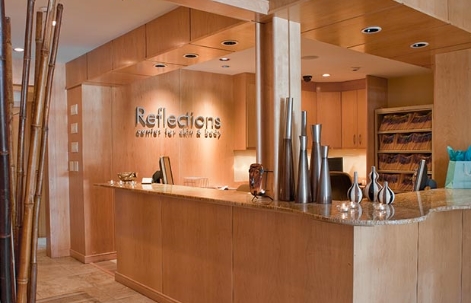
Reflections for Botox injections.
A team of scientists at Northwestern University’s Feinberg School of Medicine reviewed 98 studies that examined the long-term effects of different cosmetic procedures to determine which can be deemed safe. The researchers discovered that the most safe and effective procedures include Botox injections, liposuction and laser treatment of veins and other skin conditions.
Authors of the study said that patients should be inquisitive when considering cosmetic procedures, which includes in-depth conversations with their healthcare provider.
“Patients need to be smart consumers and ask their doctors better questions such as, ‘How does procedure A compare to procedure B?'” said lead author Murad Alam, M.D.
The team looked at cosmetic dermatology techniques. They found that while Botox and other injectable botulinum toxins have had their critics, studies show them to be safe.
“These have been around for 20 years and during that entire period, when an approved pharmaceutical product in approved doses is used for cosmetic purposes, there have not been any instances of serious reactions,” Alam said.
Liposuction procedures using lasers or fluid injections were also found to be safe. However, the study authors noted that the long-term efficacy of these procedures is still unknown. New methods of laser liposuction tend to require less healing time than earlier techniques.
Individuals interested in laser skin rejuvenation may be happy to know that the use of infrared light or ultrasound to eliminate sagginess or wrinkles is safe.
Alam reminded patients to be careful when choosing a cosmetic procedure facility.
“Patients should get treatments from experienced practioners with access to the data and an ability to evaluate it, rather than someone at a nearby spa who just has one laser, is minimally trained and is not able to evaluate the scientific evidence but eager to use this device for every patient complaint,” Alam said.
An article in Psychology Today states that in addition to choosing a trusted spa or healthcare facility, patients should be mentally prepared for a cosmetic procedure. Psychologist Vivian Diller, Ph.D. told the news source that she uses an acronym to determine whether a patient is a good candidate for cosmetic surgery: S.A.F.E., which stands for safety, affordability, for whom are they getting the treatment and expectations for the outcome.







